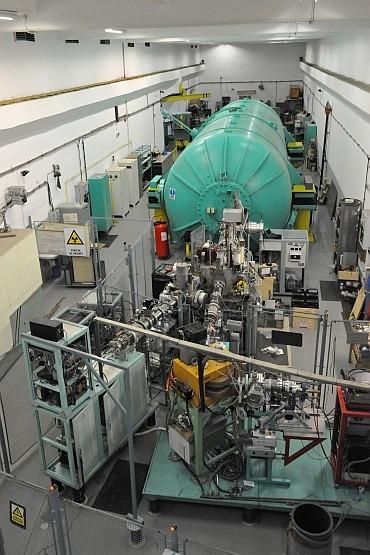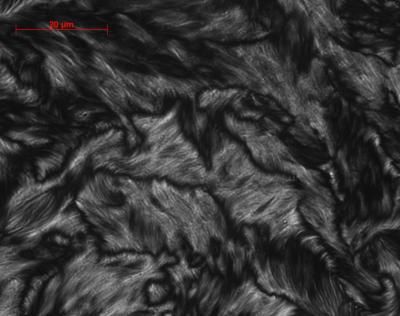Process Optimization Key to Innovation in Smart Material Technology
Manufacturing smart materials is a complex process that requires significant control over the physical environment, sample size, interfacial diffusion, and mass transfer properties. Optimisation of these processes in absolute terms is essential for long-term success in the industry.
"To enable and accentuate the design and the exploration of new materials and properties, there is a need to improve synthesis and processing of materials," says Technical Insights Research Analyst Kasturi Nadkarny from Frost & Sullivan. "Researchers also need to focus on material modelling and advanced analytical techniques."
Tailor-made materials from complex arrangements of atoms and molecules that incorporate superior levels of precision and control are expected to enhance smart materials technologies. The successful integration of the hardware and software based infrastructures is also set to accelerate technology development in the field of smart materials and systems.
High-throughput screening (HTS) consisting of hardware interface tools for technology assessment, decision control, and logistics has become instrumental for research into materials, which would have otherwise been neglected. Technology spillover from drug delivery has led to the development of combinatorial chemistry methodologies. Although these methods are expensive, most smart materials are an outcome of one or more modifications made in the methodologies involving combinatorial chemistry. Researchers are now combining combinatorial chemistry methodologies with nanotechnology to develop novel smart materials with higher performance standards.
"Nanotechnology brings with it the possibilities of designing, altering, and controlling material structure at nanoscale levels in order to enhance material performance and process efficacy," explains Nadkarny. Nanotechnology is finding wide applications in varying products such as sensors and electronic devices, and promises to push smart materials technology into diverse industries. However, scalability from the lab-scale pilot plants to the industrial scale is a significant challenge during the commercial introduction of a new smart material.
Nevertheless, the commercial potential of smart materials is irrefutable, especially in the defence, aerospace, healthcare, electronics, and semiconductor industries. The automotive sector presents the largest near-term commercial market for smart materials. Researchers look to target unique automotive products such as smart glass for automobile windows that are capable of regulating heat. The computer industry is also adopting smart materials for read/write head micropositioners and next-generation data storage devices. Many multinational corporations are also evaluating materials such as plastics, polymers, and ceramics for next-generation computer chips.
If you are interested in a virtual brochure, which provides manufacturers, end-users and other industry participants an overview of the latest analysis of the Global Advances in Smart Material Technology Markets then use the contact button below to get an overview via e-mail.
Topics
Organizations
Other news from the department business & finance
These products might interest you

Limsophy by AAC Infotray
Optimise your laboratory processes with Limsophy LIMS
Seamless integration and process optimisation in laboratory data management

LAUDA.LIVE by LAUDA
LAUDA.LIVE - The digital platform for your device management
Comprehensive fleet management options for every LAUDA device - with and without IoT connectivity
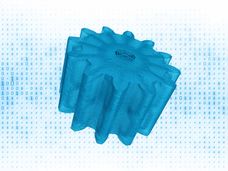
ZEISS ZEN core by Carl Zeiss
ZEISS ZEN core - Your Software suite for connected microscopy in laboratory and production
The comprehensive solution for imaging, segmentation, data storage and analysis

ERP-Software GUS-OS Suite by GUS
Holistic ERP solution for companies in the process industry
Integrate all departments for seamless collaboration

Get the chemical industry in your inbox
By submitting this form you agree that LUMITOS AG will send you the newsletter(s) selected above by email. Your data will not be passed on to third parties. Your data will be stored and processed in accordance with our data protection regulations. LUMITOS may contact you by email for the purpose of advertising or market and opinion surveys. You can revoke your consent at any time without giving reasons to LUMITOS AG, Ernst-Augustin-Str. 2, 12489 Berlin, Germany or by e-mail at revoke@lumitos.com with effect for the future. In addition, each email contains a link to unsubscribe from the corresponding newsletter.
Most read news
More news from our other portals
See the theme worlds for related content
Topic world Synthesis
Chemical synthesis is at the heart of modern chemistry and enables the targeted production of molecules with specific properties. By combining starting materials in defined reaction conditions, chemists can create a wide range of compounds, from simple molecules to complex active ingredients.

Topic world Synthesis
Chemical synthesis is at the heart of modern chemistry and enables the targeted production of molecules with specific properties. By combining starting materials in defined reaction conditions, chemists can create a wide range of compounds, from simple molecules to complex active ingredients.
Topic world Sensor technology
Sensor technology has revolutionized the chemical industry by providing accurate, timely and reliable data across a wide range of processes. From monitoring critical parameters in production lines to early detection of potential malfunctions or hazards, sensors are the silent sentinels that ensure quality, efficiency and safety.

Topic world Sensor technology
Sensor technology has revolutionized the chemical industry by providing accurate, timely and reliable data across a wide range of processes. From monitoring critical parameters in production lines to early detection of potential malfunctions or hazards, sensors are the silent sentinels that ensure quality, efficiency and safety.
Last viewed contents
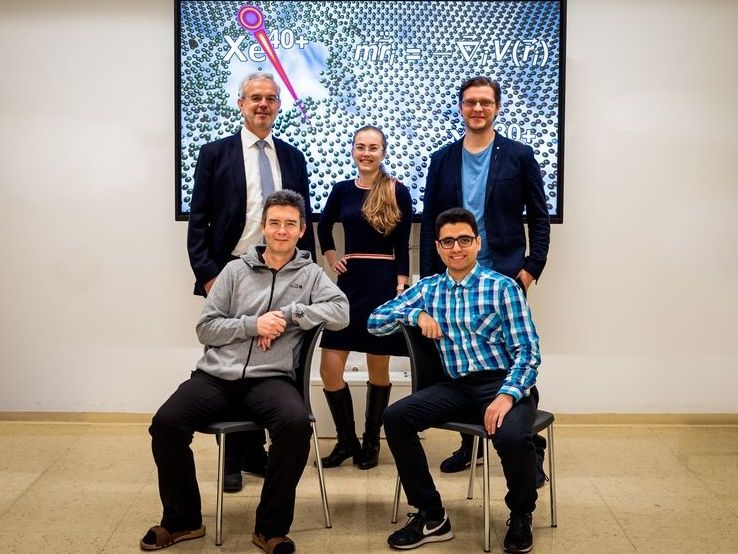
How to fire projectiles through materials without breaking anything - It sounds a bit like a magic trick

Researchers overview recent progress and challenges in silicon-based anode materials for lithium-ion batteries
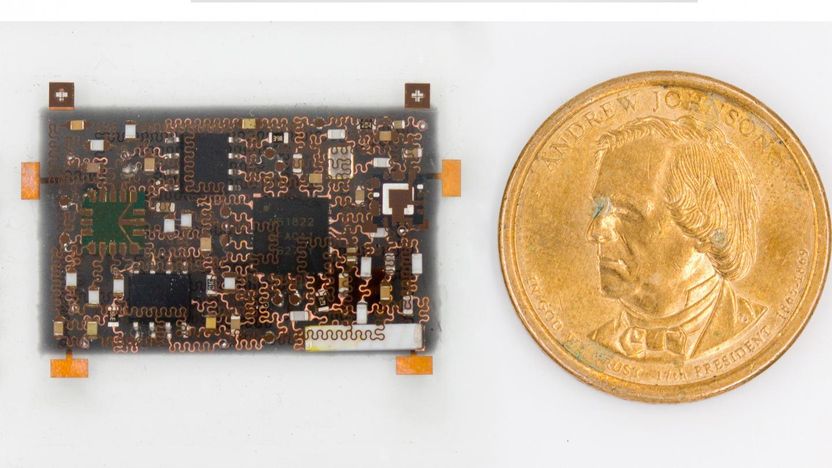
'Building up' stretchable electronics to be as multipurpose as your smartphone
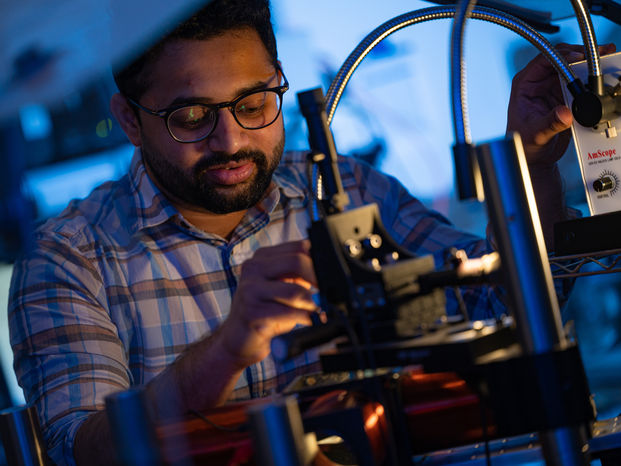
Models for molecules show unexpected physics - Rice engineers show spinning magnetic particles surprisingly follow thermodynamic laws
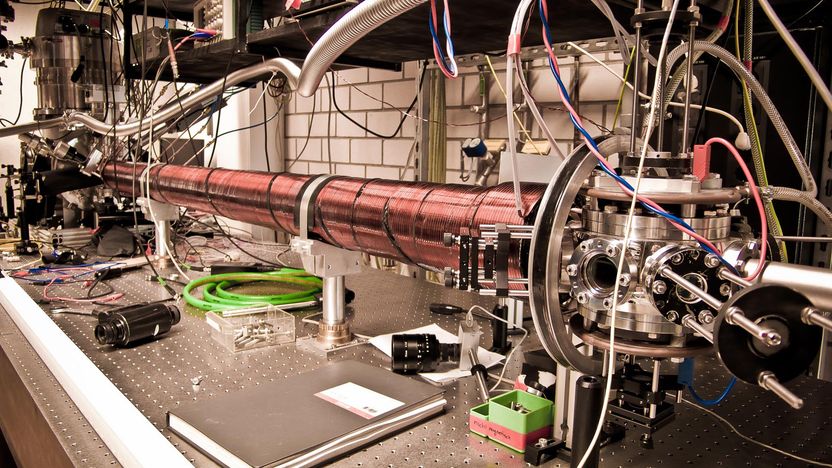
Help in the Search for the Needle in the Haystack - Physicists render usable method for detecting extremely rare inert gas isotopes for water dating
Category:EC_1.7.1
